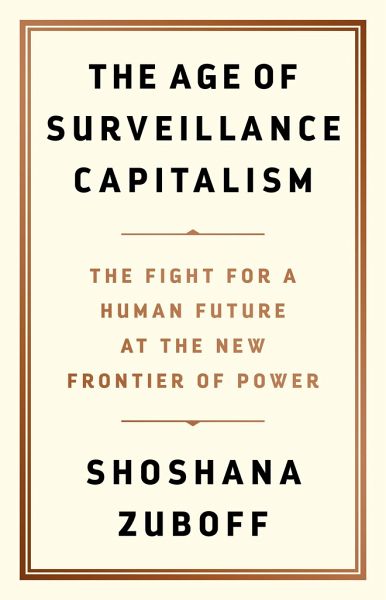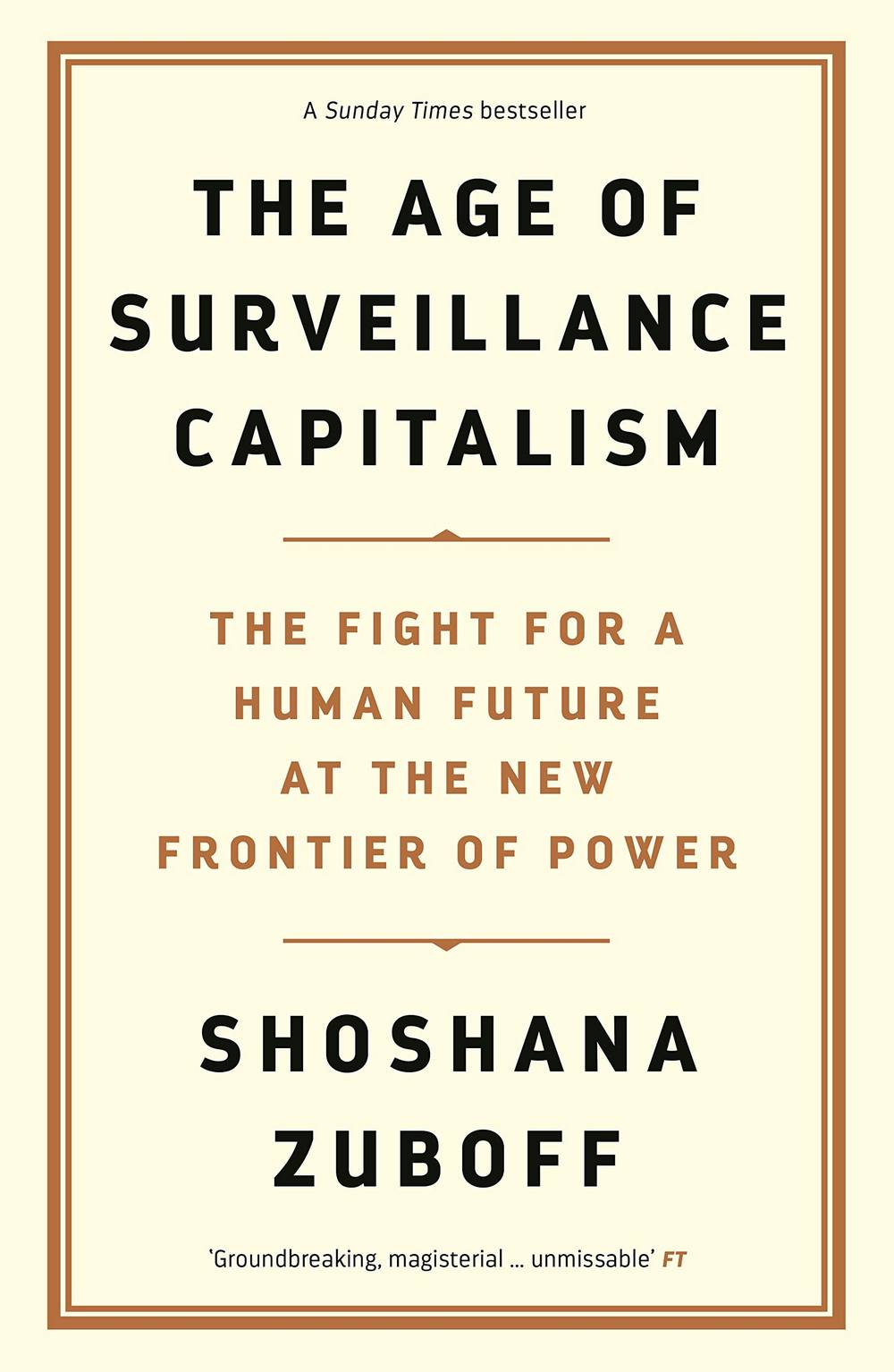
Zuboff’s claim raises several related questions.

This article will take a small step towards filling that gap. However, again, there has been little interaction between these views of law and SC. 3 Finally, what Mark Greenberg dubs Dependence Views of law have received significant attention recently, and Ronald Dworkin’s influential view is one of the most important of such views ( Greenberg 2017). Further, I have not encountered any work on SC from a Thomist perspective. However, there has been comparatively little discussion about the relationship between SC and human nature or the moral foundations of the law. 2 Further, Zuboff claims that the only solution to the challenges of SC is in state law ( Zuboff 2021).

1 Zuboff’s work has garnered significant attention from ethicists, lawyers, and technologists.

This has been made possible by a confluence of technologies that allow for what Alex Pentland has described as reality mining, or the ability to create living labs by using a variety of devices to track the movement, communication, and behavior of large clusters of individuals ( Pentland 2014). It also helps to clarify the phenomenon that Haidt has described as a new Babel. The rise of what Shoshana Zuboff calls Surveillance Capitalism, hereafter SC, has given life to the worries of Lewis and Arendt ( Zuboff 2019a).


 0 kommentar(er)
0 kommentar(er)
